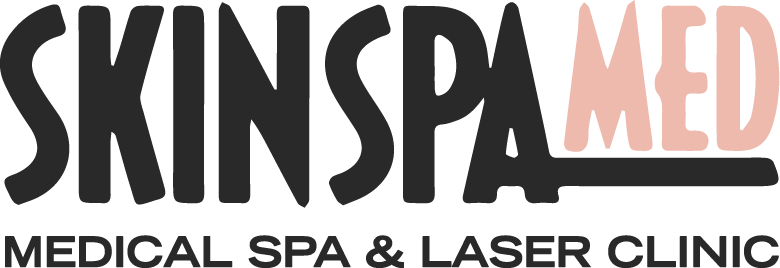Treat Acne With This Tip From the 1940's!
/Zinc is a power player in the mineral world. It boosts your immune system, aids in brain development and memory retention, and prevents cellular damage in the retina, among so many other benefits. And interestingly, our bodies don't naturally produce it, which is why we need to get it through food and/or supplements.
Another impressive use for zinc? Acne treatment. Zinc works in tandem with vitamin A and helps convert it into an active form of retinol (a proven remedy for clearing acne lesions), and it also has the ability to inhibit bacteria growth in sebaceous glands. And although more research is needed, studies have found the mineral to significantly decrease papules and cysts when taken orally and when applied topically. Proceed with caution, though: Ingesting too much zinc can cause side effects like nausea, diarrhea, and ironically, a weakened immune response. So to how are you to use it safely and effectively?
Just how effective is zinc at treating acne, really?
Zinc is a high-performance ingredient that helps to address redness, irritation, and inflammation caused by conditions like acne, rosacea, and seborrheic dermatitis.
The ingredient, in combination with mild alpha and beta acids, helps decrease inflammation, exfoliate the skin that clogs the pores, and helps kill the bacteria/fungus that causes acne.
In fact, the actual absence of the mineral may be the cause of breakouts.
Zinc is necessary for collagen synthesis, and when deficient, the keratin in the skin can be more 'sticky,' resulting in more clogged pores. A lot of people with acne have found supplementation helpful to decrease acne breakouts.
How does it compare to antibiotics?
Antibiotics are commonly prescribed for treating bacteria-causing acne, and while zinc certainly isn't a replacement for antibiotics in the big picture, for acne, it's a much better treatment option.
Antibiotics are generally used in moderate to severe acne, and their efficacy seems to be due to anti-inflammatory effects as well as antibacterial properties.
Four things cause acne: follicular occlusion, oil production, growth of an organism in clogged oily pores, and inflammation. When we get rid of two of these four factors, we cannot make acne anymore. Zinc addresses all four factors above; antibiotics only help with two.
Are there any skincare products you shouldn't use in conjunction with zinc?
Side effects associated with zinc in topical form are nominal and that it's generally "well-tolerated."
The main issue with using zinc topically is that, while not targeted for treating acne, if zinc is applied to the skin in zinc oxide form (commonly used as a physical sunscreen), then it can hinder the absorption of other products.
How many times do you have to use it before you start seeing results?
You'll actually find faster results when applying zinc topically versus orally. With topical products, when used twice a day, there should be a decrease in acne within two weeks. When taken orally, there should be a difference in four weeks.




